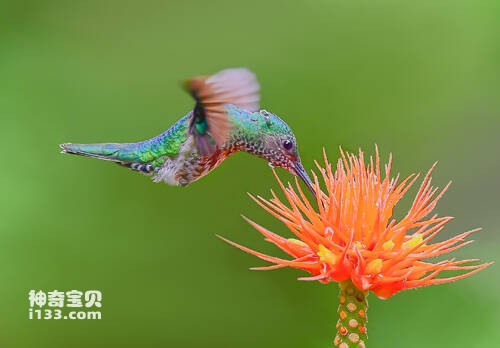
Lepidopyga goudoti
Lepidopyga goudoti,Shining Green Hummingbird
The scientific name of the Hummingbird is Lepidopyga goudoti, the foreign na···
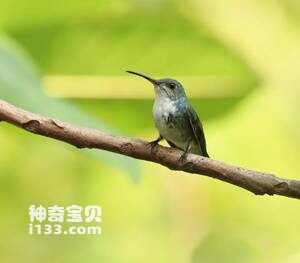
Lepidopyga coeruleogularis
Lepidopyga coeruleogularis,Sapphire-throated Hummingbird
Lepidopyga coeruleogularis, sappil-throated Hummingbird, But the Blue-throat···
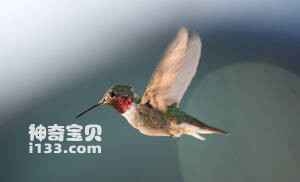
Lamprolaima rhami
Lamprolaima rhami
The red-throated hummingbird Lamprolaima rhami is a migratory bird of the Am···
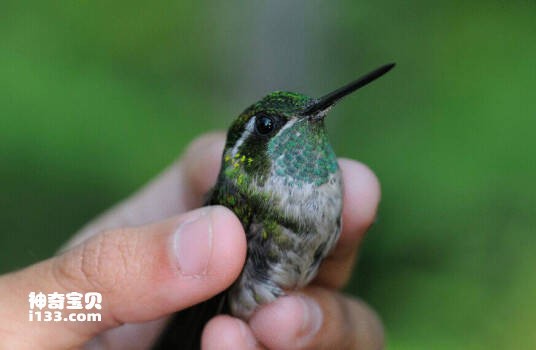
Lampornis viridipallens
Lampornis viridipallens,Green-throated Hummingbird
The Green-throated Hummingbird is known as Lampornis viridipallens and green···
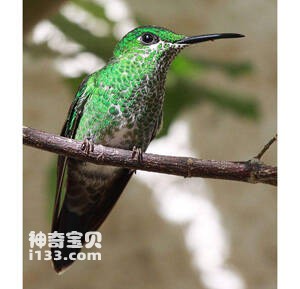
Lampornis sybillae
Lampornis sybillae,Green-breasted Mountain Gem
The bird is known as Lampornis sybillae and Green-breasted Mountain Gem. Its···
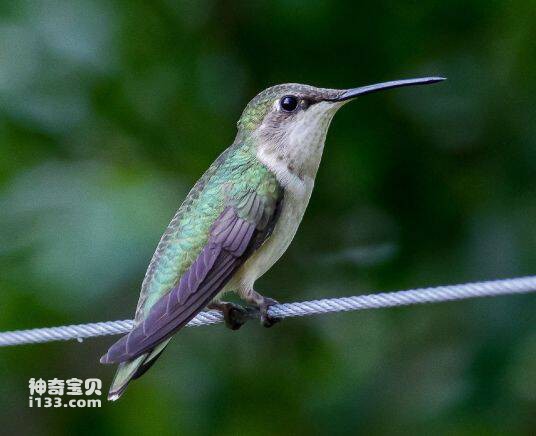
Lampornis hemileucus
Lampornis hemileucus,White-bellied Mountain Gem
The White-bellied hummingbird is known as Lampornis hemileucus and white-bel···
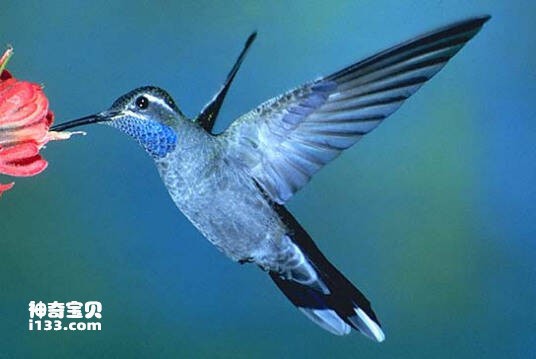
Lampornis clemenciae
Lampornis clemenciae,Blue-throated Hummingbird
The Blue-throated Hummingbird is known as Lampornis clemenciae or blue-throa···
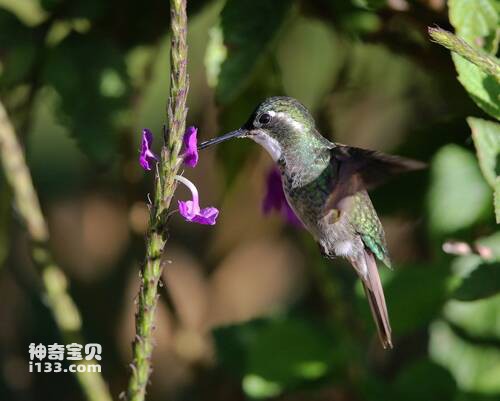
Lampornis castaneoventris cinereicauda
Lampornis castaneoventris cinereicauda
The name Lampornis castaneoventris cinereicauda is unknown.Protect wild anim···
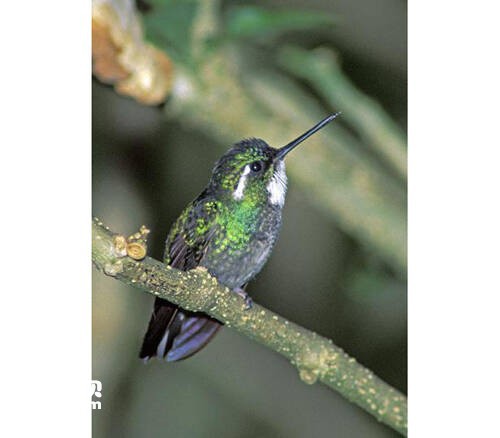
Lampornis castaneoventris
Lampornis castaneoventris,White-throated Mountain Gem
The White-throated Mountain Gem hummingbird is known as Lampornis castaneove···
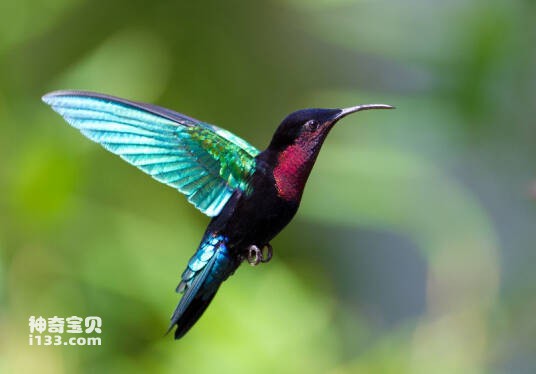
Lampornis amethystinus
Lampornis amethystinus,Amethyst-throated Hummingbird
Lampornis amethystinus and Amethyst-throated Hummingbird are unknown.Protect···
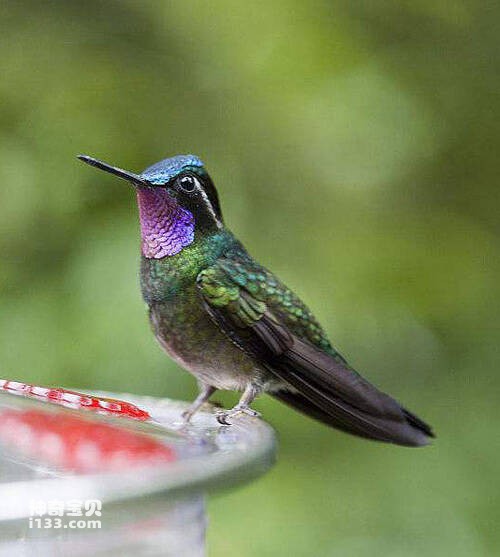
Lampornis amethystinus
Lampornis amethystinus,Amethyst-throated Hummingbird
Lampornis amethystinus and Amethyst-throated Hummingbird are unknown.Protect···
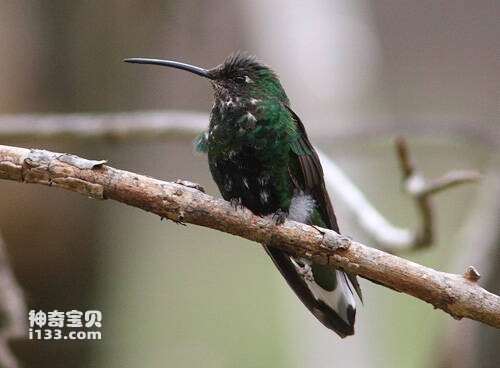
Lafresnaya lafresnayi
Lafresnaya lafresnayi,Mountain Velvetbreast
The hummingbird's scientific name is Lafresnaya lafresnayi, and its fore···
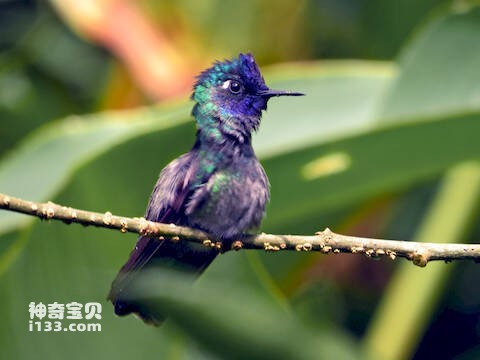
Klais guimeti
Klais guimeti,Violet-headed Hummingbird
The specific habits of the Violet-headed Hummingbird (Klais guimeti) are unk···
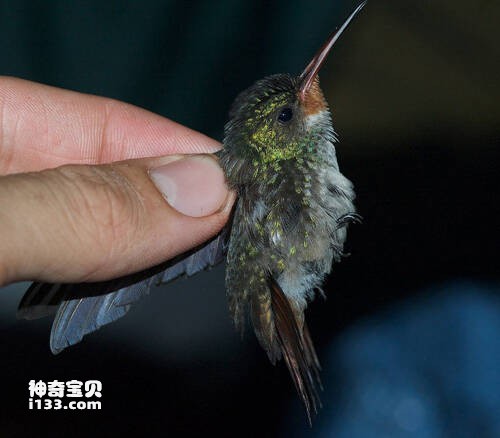
Hylocharis sapphirina
Hylocharis sapphirina,Rufous-throated Sapphire
The brown-throated red-billed hummingbird is known as Hylocharis sapphirina ···
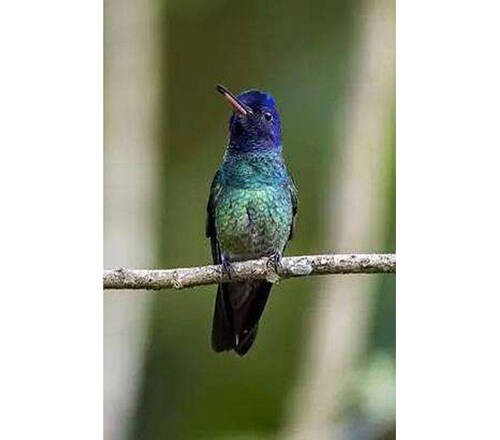
Hylocharis grayi
Hylocharis grayi,Blue-headed Sapphire
The Blue-headed red-billed hummingbird is known as Hylocharis grayi and blue···
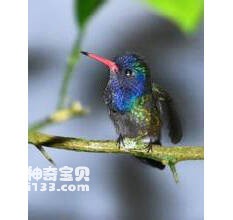
Hylocharis eliciae
Hylocharis eliciae,Blue-throated Goldentail
The Blue-throated red-billed hummingbird is known as Hylocharis eliciae or b···
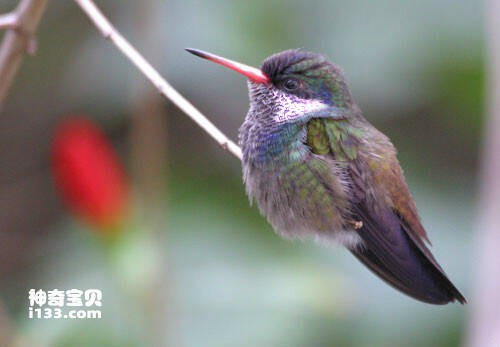
Hylocharis cyanus
Hylocharis cyanus,White-chinned Sapphire
The white-cheeked red-billed hummingbird is known as Hylocharis cyanus or Wh···
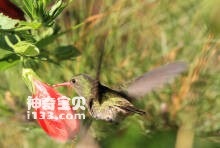
Hylocharis chrysura
Hylocharis chrysura,Gilded Hummingbird
Gilded Hummingbird: Hylocharis chrysura, Gilded hummingbird.Protect wild ani···
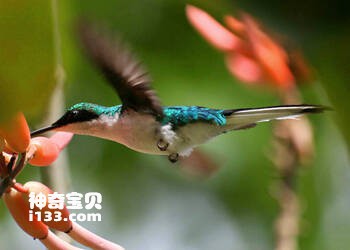
Heliothryx barroti
Heliothryx barroti,Purple-crowned Fairy
Heliothryx barroti (Purple-crowned Fairy) is a hummingbird whose habits are ···
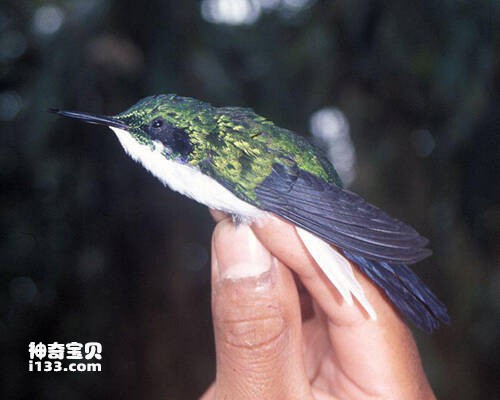
Heliactin aurita
Heliactin aurita,Black-eared Fairy
The Heliactin aurita hummingbird is also known as the Black-eared Fairy。Pro···
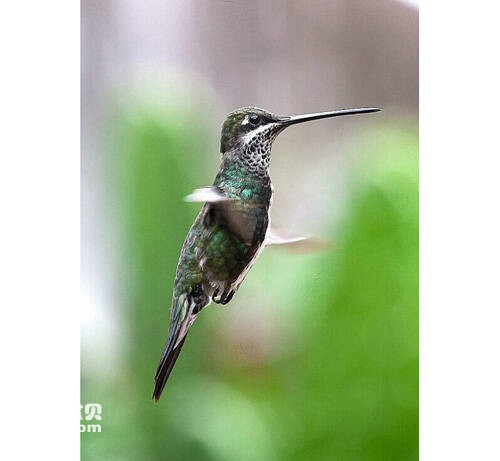
Heliomaster squamosus
Heliomaster squamosus
The species is known as Heliomaster squamosus, but its specific habits are u···
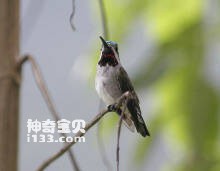
Heliomaster longirostris
Heliomaster longirostris,Long-billed Starthroat
Heliomaster longirostris, or Long-billed Starthroat, is unknown.Protect wild···
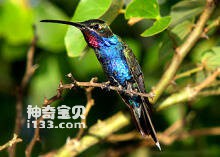
Heliomaster furcifer
Heliomaster furcifer,Blue-tufted Starthroat
The Blue Horned star throat hummingbird is known as Heliomaster furcifer or ···
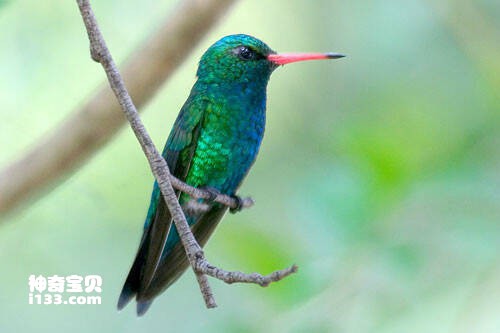
Heliodoxa xanthogonys
Heliodoxa xanthogonys,Velvet-browed Brilliant
The bird is known as Heliodoxa xanthogonys or Velvet browed Brilliant.Protec···
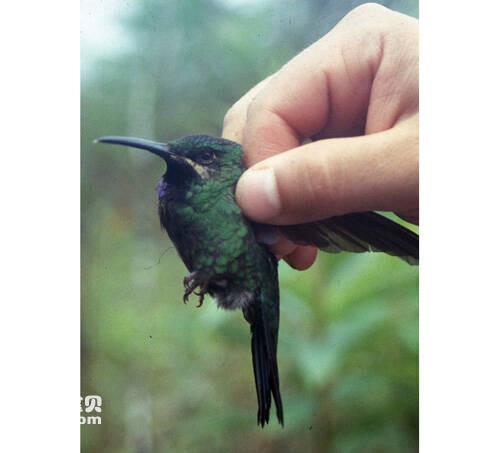
Heliodoxa schreibersii
Heliodoxa schreibersii,Black-throated Brilliant
The Black-throated hummingbird is known as Heliodoxa schreibersii or black-t···
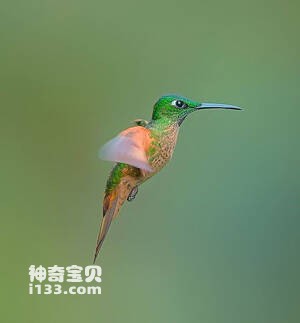
Heliodoxa rubinoides
Heliodoxa rubinoides,Fawn-breasted Brilliant
The bird is known as Heliodoxa rubinoides or Fawn-breasted Brilliant. Its ha···
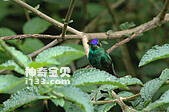
Heliodoxa leadbeateri
Heliodoxa leadbeateri,Violet-fronted Brilliant
Heliodoxa leadbeateri and Violet-fronted Brilliant are unknown.Protect wild ···
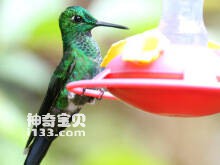
Heliodoxa jacula
Heliodoxa jacula,Green-crowned Brilliant
The bird's scientific name is Heliodoxa jacula, and its foreign name is ···
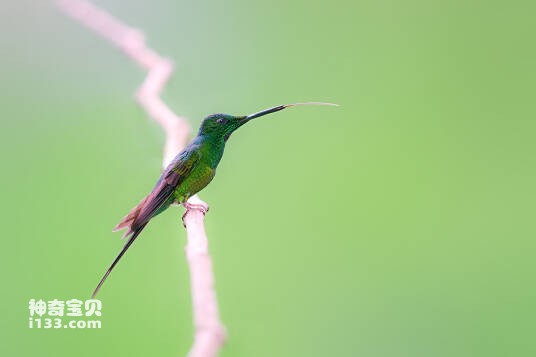
Heliodoxa imperatrix
Heliodoxa imperatrix,Empress Brilliant
The hummingbird's scientific name is Heliodoxa imperatrix, and its forei···
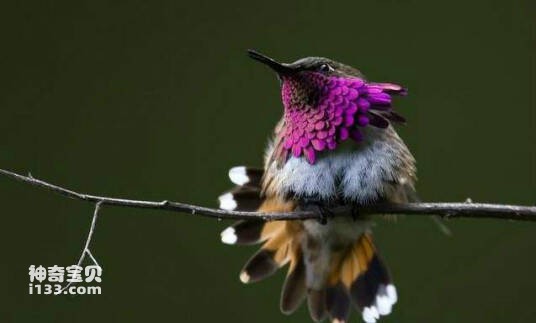
Heliodoxa gularis
Heliodoxa gularis,Pink-throated Brilliant
The bird's scientific name is Heliodoxa gularis, and its foreign name is···
